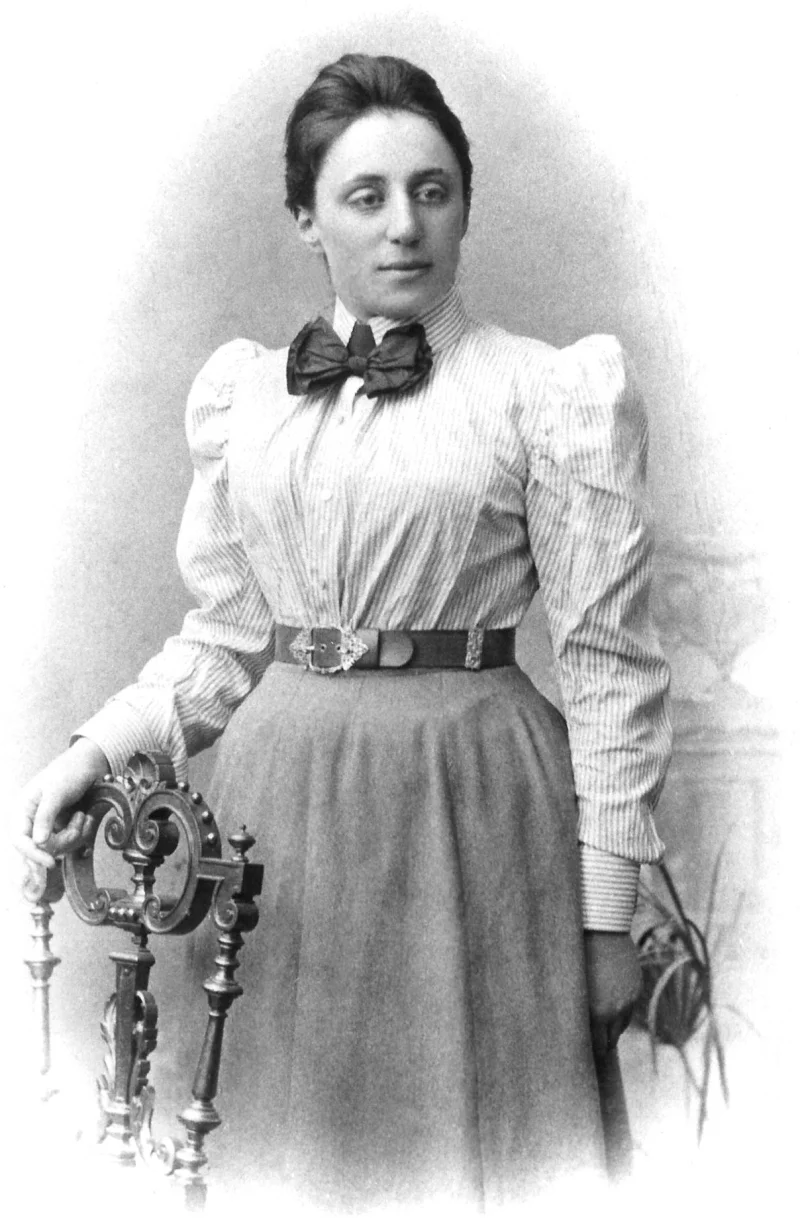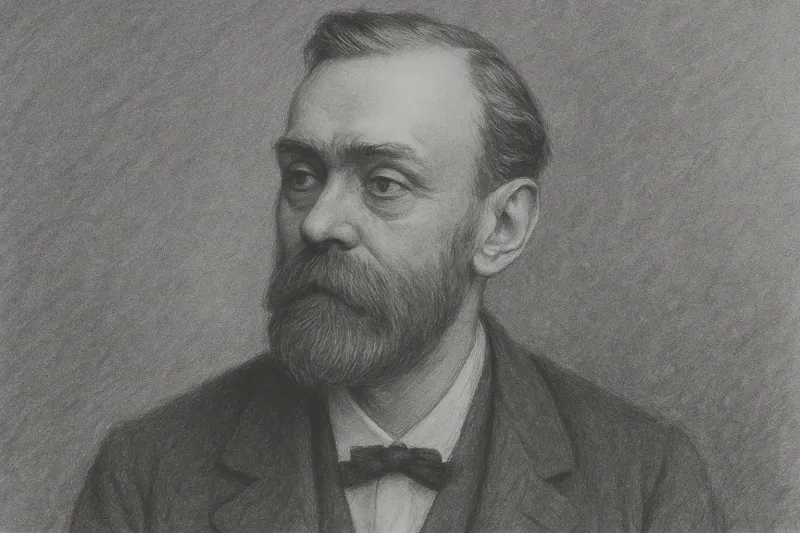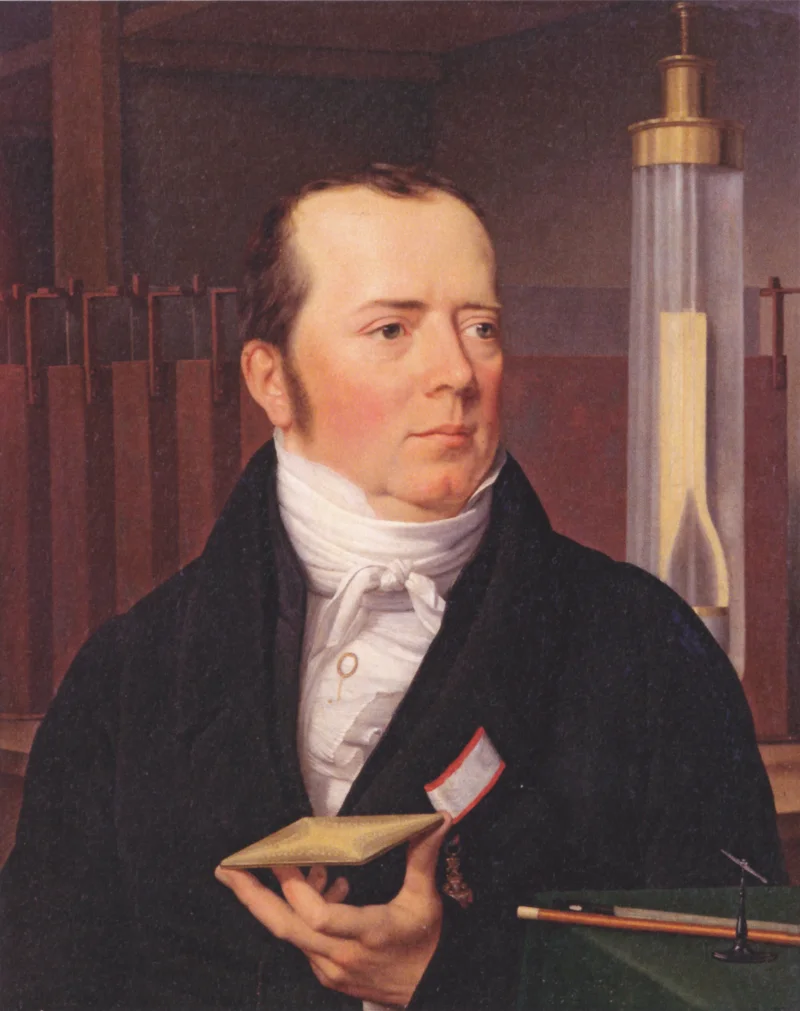Short Summary
Louis Pasteur was a renowned French chemist and microbiologist whose groundbreaking work in the fields of chemistry, microbiology, and medicine had a profound impact on public health. He is most famous for developing the process of pasteurization, creating the first vaccines for rabies and anthrax, and advancing the germ theory of disease. His contributions laid the foundation for modern microbiology and immunology, saving countless lives through the prevention of infectious diseases.
Early Life & Education
Born on December 27, 1822, in Dole, France, Louis Pasteur was the third child in a family of modest means. His father, Jean-Joseph Pasteur, was a tanner, and his mother, Jeanne-Etienne Roqui, was a homemaker. Pasteur was a diligent student, with a keen interest in the sciences. He attended the École Normale Supérieure in Paris, where he earned a doctorate in sciences in 1847. Early influences included his professors and mentors who recognized his potential and encouraged his scientific pursuits. His upbringing in a hardworking family instilled in him a strong work ethic and perseverance.
Career Highlights
Pasteur's career began with his study of crystallography, leading to his discovery of molecular asymmetry, which had significant implications for chemistry. He then turned his attention to microbiology, where he debunked the theory of spontaneous generation, proving that microorganisms cause fermentation and disease. His work on pasteurization revolutionized food safety, and his development of vaccines for rabies and anthrax showcased his ability to apply scientific principles to practical problems. Throughout his career, Pasteur held several key academic and research positions, including that of director of scientific studies at the École Normale Supérieure and the director of the Pasteur Institute.
Major Achievements
- Developed the process of pasteurization to prevent spoilage in wine, beer, and milk.
- Proved the germ theory of disease, establishing that microorganisms cause infections.
- Created the first vaccines for rabies and anthrax, pioneering immunology.
- Disproved spontaneous generation by demonstrating that microorganisms originate from other microorganisms.
- Established the Pasteur Institute in Paris, a leading research center for infectious diseases.
Famous Quotes
- "Science knows no country, because knowledge belongs to humanity, and is the torch which illuminates the world."
- "In the fields of observation, chance favors only the prepared mind."
Interesting Facts
- Pasteur was initially interested in art and was a skilled painter in his youth.
- His work on germ theory was initially met with skepticism from the medical community.
- The Pasteur Institute was founded in 1887 and continues to be a world-renowned research center.
- Pasteur survived a stroke in 1868, which left him partially paralyzed, yet he continued his research.
- He was awarded the French Legion of Honour for his scientific contributions.
Legacy / Influence
Louis Pasteur's legacy is immense, as his discoveries have saved millions of lives and continue to influence modern science and medicine. His work laid the groundwork for the development of vaccines and antiseptics, and his principles of sterilization are foundational in healthcare and food safety. The Pasteur Institute remains a leading center for research in microbiology and infectious diseases, perpetuating his vision of science serving humanity.
FAQ
Q: Why is Louis Pasteur famous?
A: He is famous for developing pasteurization, vaccines for rabies and anthrax, and advancing the germ theory of disease.
Q: What is pasteurization?
A: It is a process of heating liquids to kill harmful microorganisms, extending shelf life and ensuring safety.
Q: What was Pasteur's contribution to vaccines?
A: He created the first vaccines for rabies and anthrax, pioneering the field of immunology.
Q: What did Pasteur prove with the germ theory?
A: He proved that microorganisms are responsible for causing infections and diseases.











